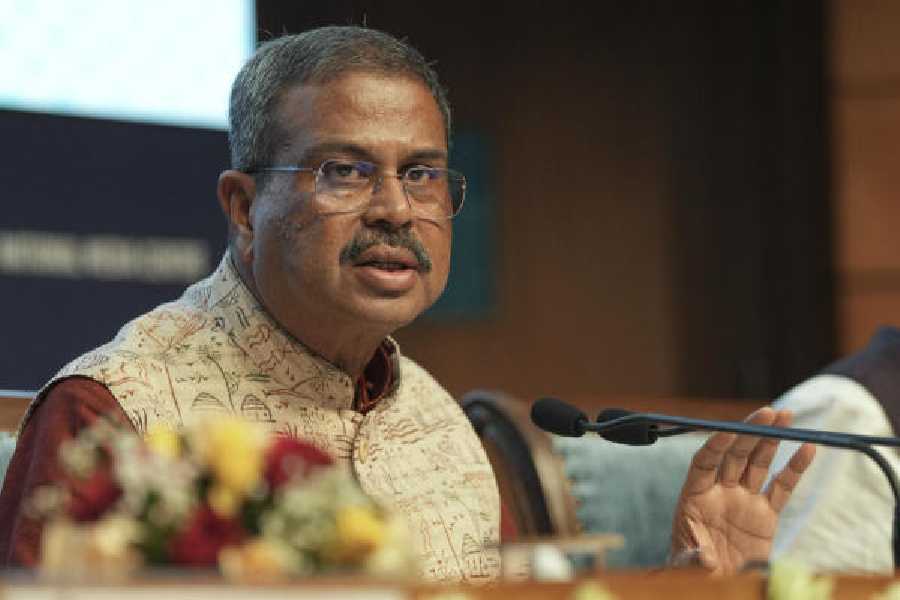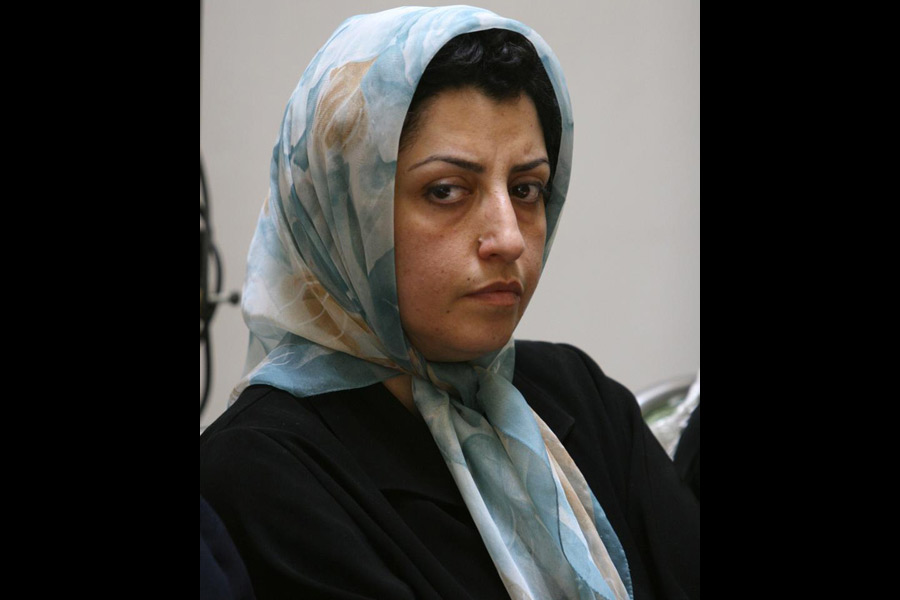The NDA’s sweeping victory in Bihar is said to have strengthened Union education minister Dharmendra Pradhan’s prospects of becoming the next BJP president, with party leaders acknowledging his micro-management of the Assembly poll campaign.
Sources have suggested that the BJP’s emergence as the single-largest party in the Mandal politics-dominated state may finally help resolve the long-running tussle between the party and the RSS over the choice of J.P. Nadda’s successor.
Pradhan’s organisational acumen and election management skills — widely acknowledged as key to the Bihar mandate — have placed him firmly in contention for the top BJP post, sources indicated. He had camped in Bihar for weeks, got party rebels to withdraw their nomination and mobilised cadres.
The BJP’s strong performance in a string of state elections — from Haryana to Maharashtra and now Bihar — has also reinforced the dominance of the Narendra Modi-Amit Shah duopoly that had been dented by the setback in last year’s Lok Sabha polls, party insiders said.
“Modiji may now succeed in convincing the RSS to approve a BJP president of his choice,” a Union minister said.
Pradhan and Union environment minister Bhupender Yadav were tipped to be frontrunners for the post in July, when the party forwarded their names to the Sangh for approval. The RSS leadership, however, withheld its formal “no objection”, seeking further consultations on what it described as the need to identify the most “suitable candidate”.
BJP insiders said Pradhan could have emerged as the “most suitable candidate” as he had repeatedly delivered on the organisational tasks assigned to him. An OBC leader from Odisha, Pradhan is said to have convinced the BJP and the RSS leadership to snap ties with the BJD and go solo, which led to the BJP sweeping to power in the state for the first time.
“Earlier, there were indications that a leader from the south would be made the BJP president. After the election of Vice-President C.P. Radhakrishnan, it’s almost settled that the party chief will be from the east,” a BJP leader said.
Since last year, the Sangh has pushed for an overhaul of the BJP’s organisational structure to dilute what it views as Modi-Shah’s iron grip on the party. The BJP’s underwhelming Lok Sabha performance gave the RSS an opening to assert itself, a shift that became evident when Sangh chief Mohan Bhagwat publicly criticised the “ahankar” (arrogance) of the “sevak” — a term Prime Minister Modi uses for himself.
RSS functionaries said the leadership had insisted on a “strong organisational leader” rather than a “rubber stamp” as the next BJP president. This has prolonged the stalemate, with the Modi-Shah establishment appearing to bide time in the hope of securing approval for a candidate of their choice.
Nadda’s three-year term as the BJP president expired in January 2023, but he was granted a one-year extension in view of the 2024 Lok Sabha polls. Since then, he has been continuing under an amended clause in the party’s constitution.
In August, Bhagwat had denied any Sangh role in the appointment of a BJP president. “If we had to decide, would it have taken so much time?” he had said, adding: “We don’t have anything to say. They (BJP) have to decide.”










